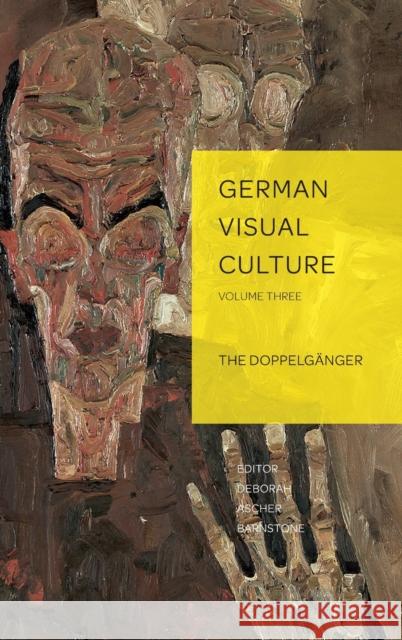The Doppelgaenger » książka
The Doppelgaenger
ISBN-13: 9783034319614 / Angielski / Twarda / 2016 / 273 str.
The Doppelganger - the double, twin, mirror image or alter ego of someone else - is an ancient and universal theme that can be traced at least as far back as Greek and Roman mythology, but is particularly associated with two areas of study: psychology, and German literature and culture since the Romantic movement. Although German language literature has been a nexus for writing on the Doppelganger, there is a paucity of scholarly work treating a broader selection of cultural products from the German-speaking world. The essays in this volume explore the phenomenon of the double in multiple aspects of German visual culture, from traditional art forms like painting and classical ballet to more contemporary ones like film, photography and material culture, and even puppet theatre. New ways of understanding the Doppelganger emerge from analyses of various media and time periods, such as the theme of the double in a series of portraits by Egon Schiele, the doubling of silk by rayon in Weimar Germany and its implications for class distinctions in Germany, and the use of the x-ray as a form of double in Thomas Mann's Magic Mountain and Christoph Schlingensief's performance art.











